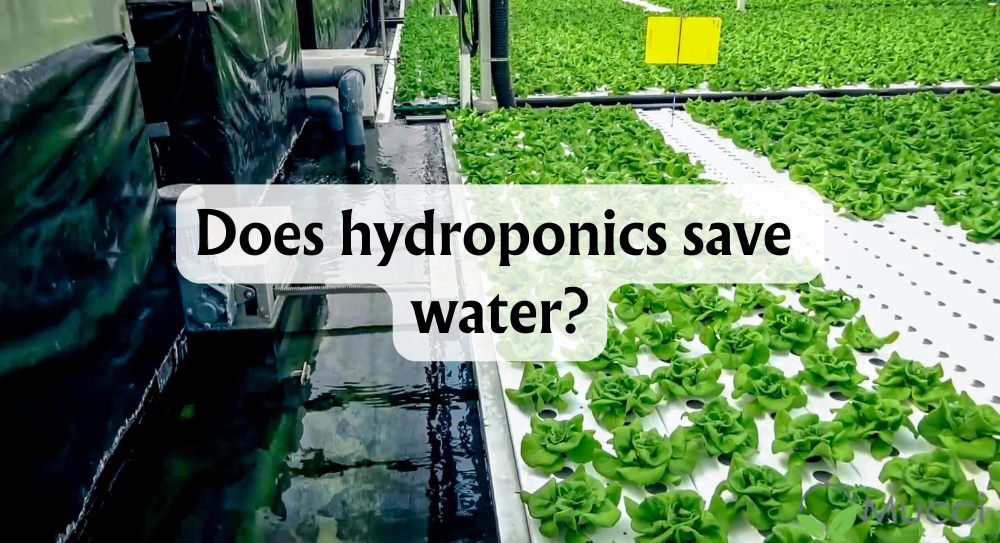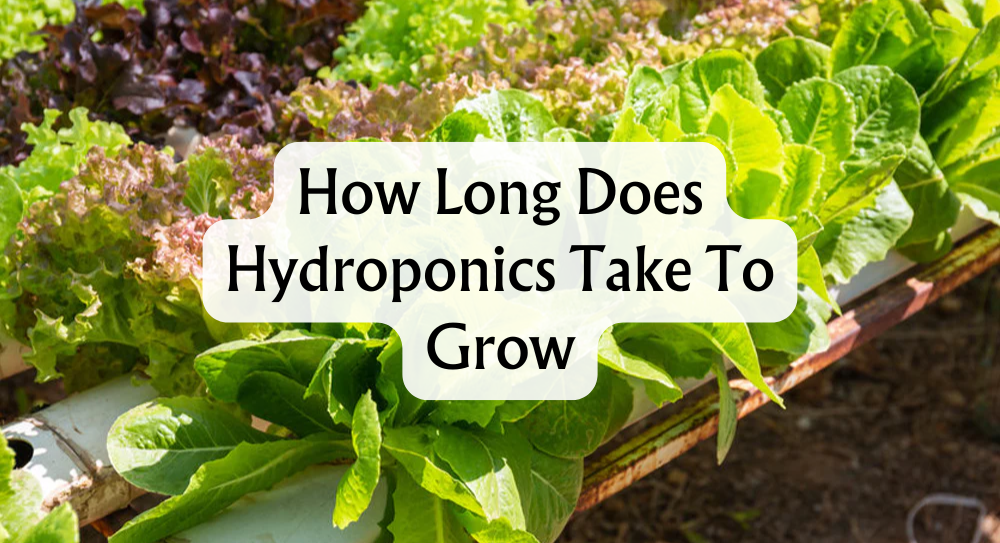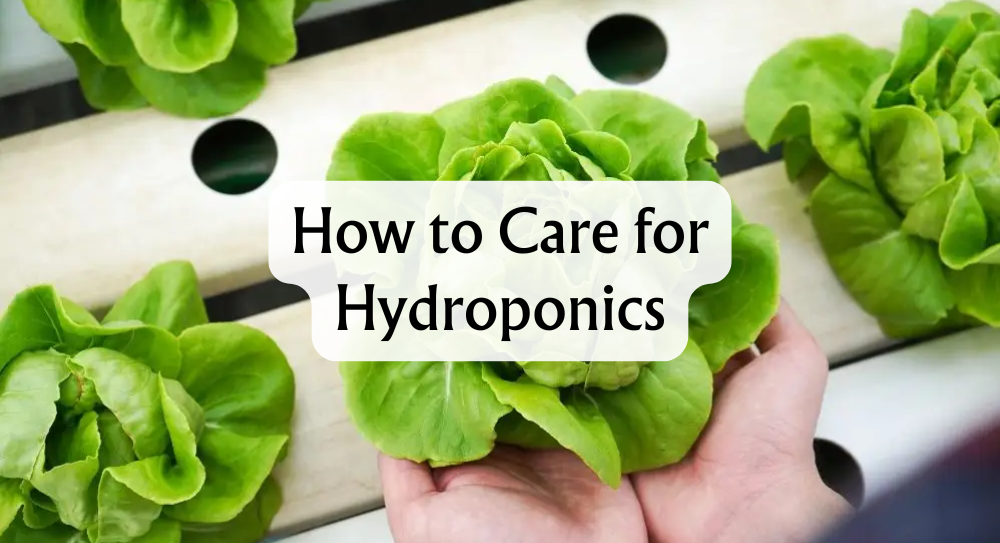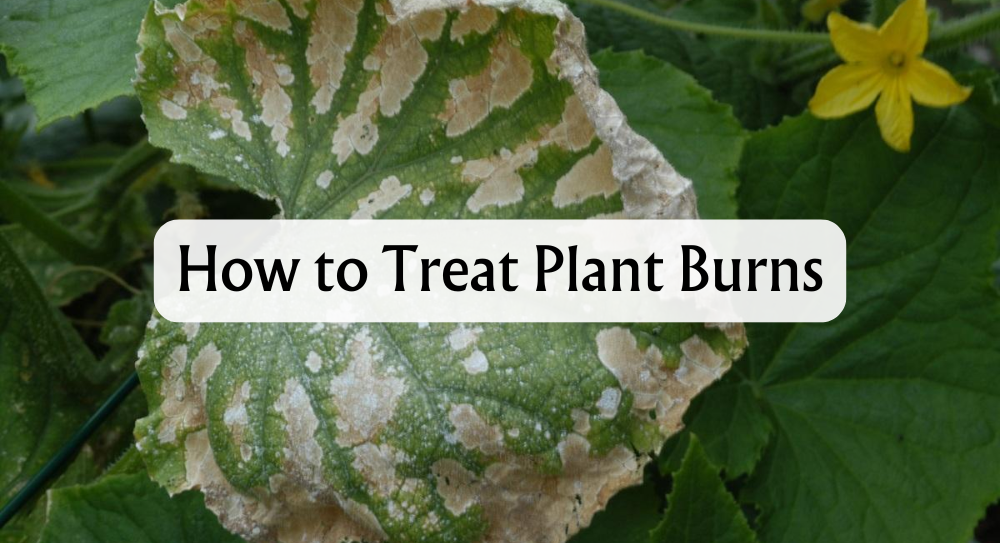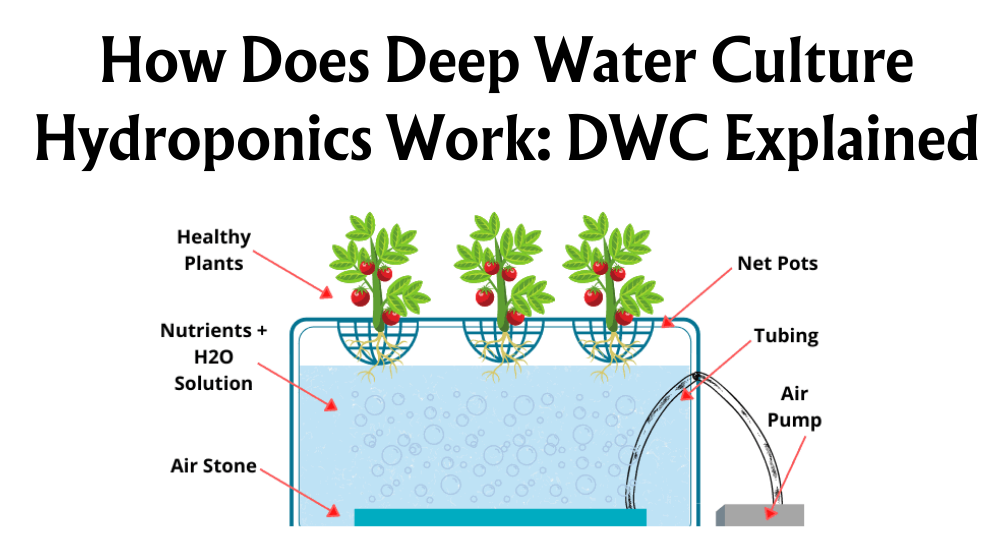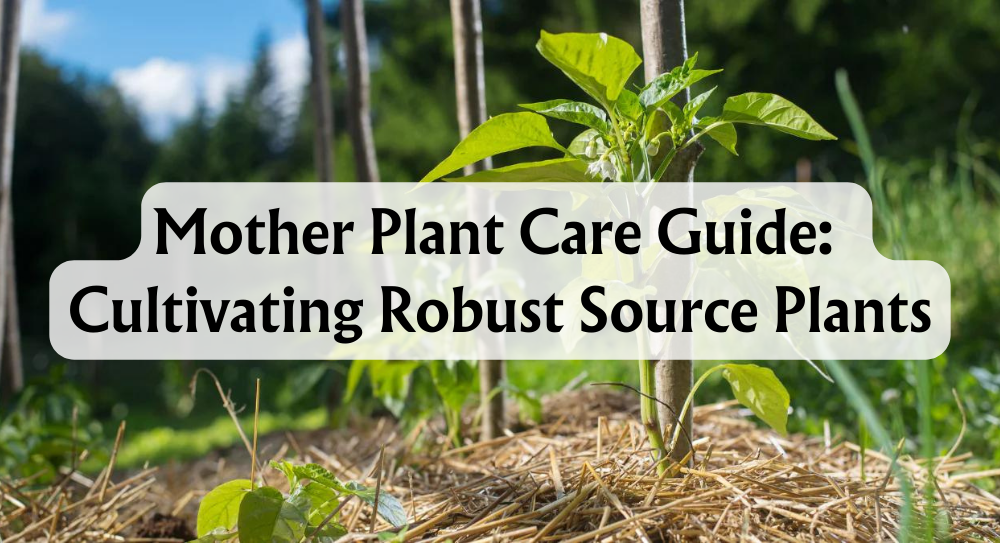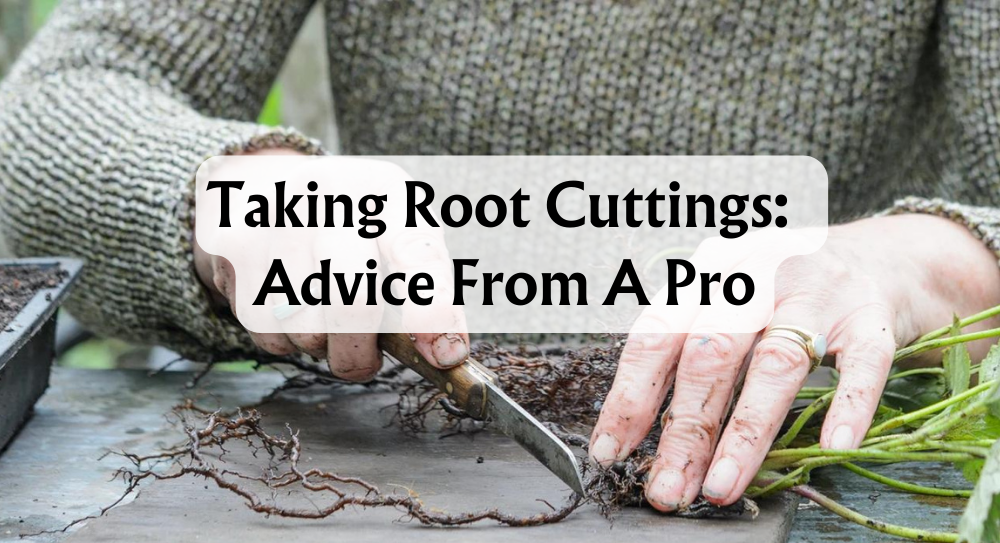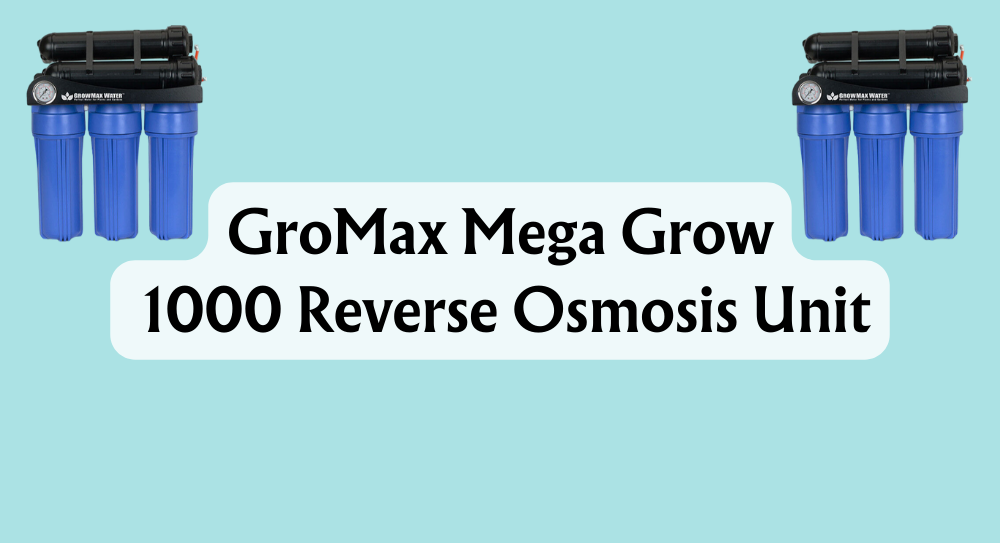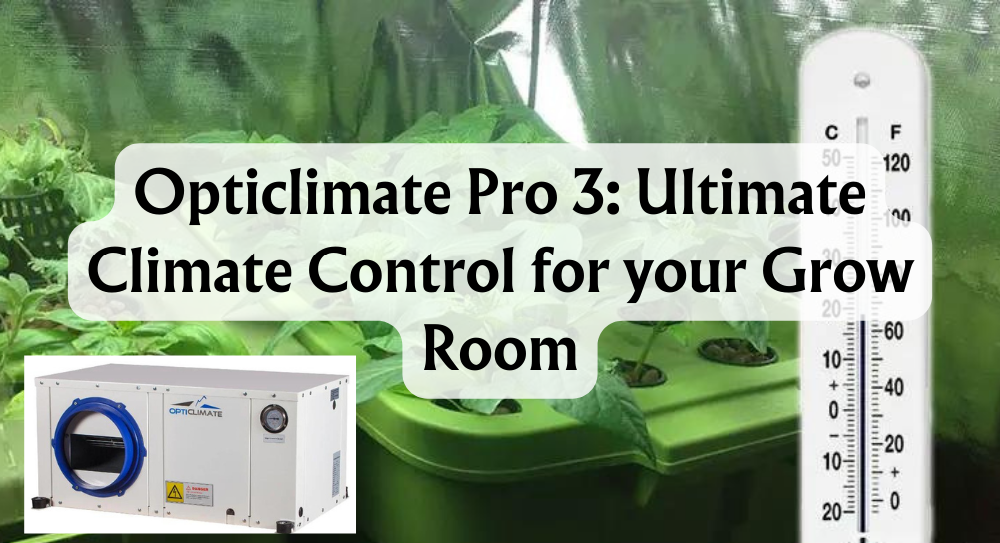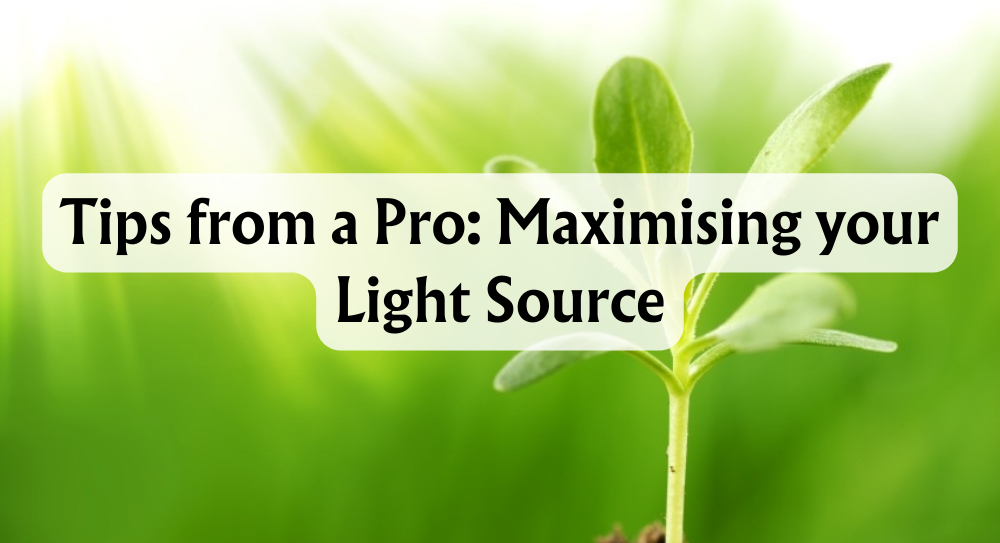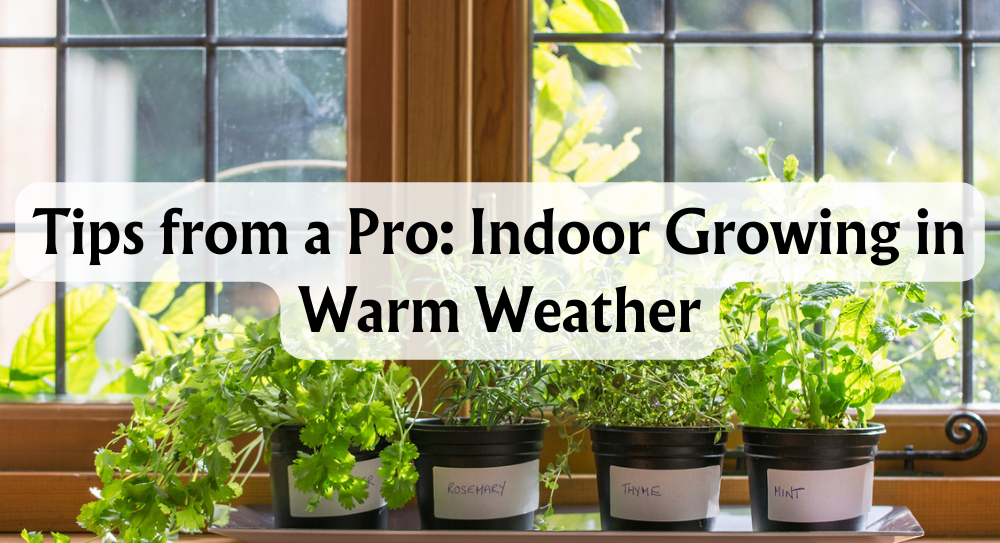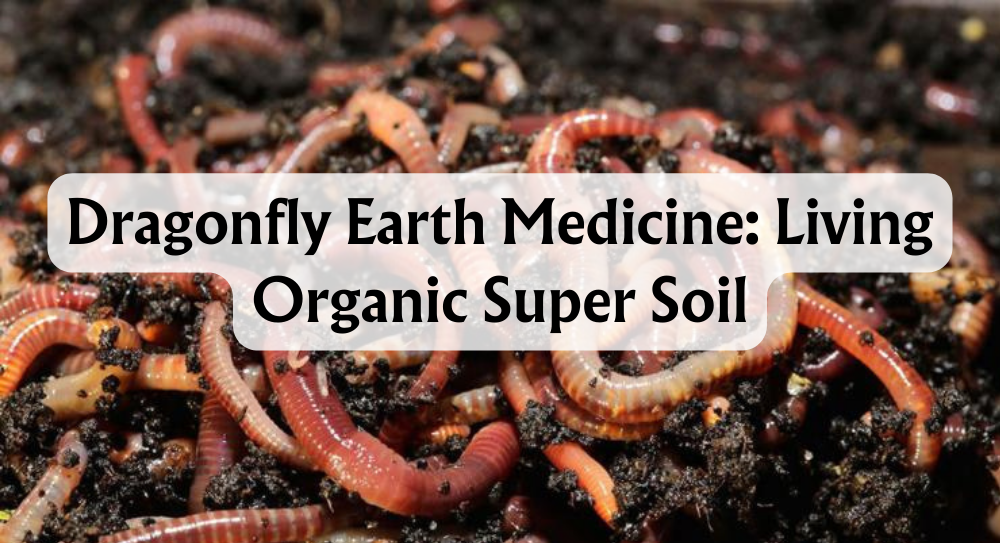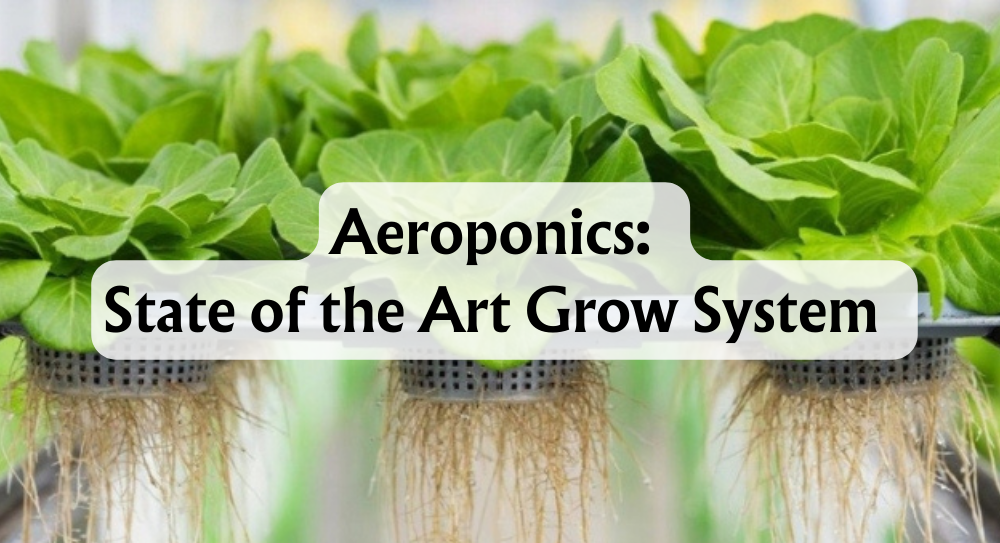Does Hydroponics Save Water?
In recent years, hydroponics has emerged as an innovative alternative to traditional farming. As we intertwine modern technology with age-old agricultural practices, this soil-free method offers potential solutions to some pressing environmental challenges. With water conservation being critical, especially in arid regions, the key question emerges: does hydroponic growing save water? Yes, hydroponics can significantly minimize water usage—up to 90% less compared to conventional farming.
Imagine growing a lush bed of lettuce using just a fraction of the water typically required on a traditional farm. Hydroponics systems achieve this by recycling water in a closed-loop system, minimising waste and maximising efficiency. Hydroponic technology not only conserves water but also maintains high water quality, allowing plants to grow crops in optimal conditions. This combination of sustainability and efficiency makes hydroponics an attractive option for future farming endeavours.
As we explore this fascinating world of hydroponics, we'll dive into its potential benefits and address why adopting such methods could be transformative for agriculture. Whether you're a seasoned gardener or just curious about new agricultural trends, understanding how hydroponics works might change the way we think about growing food.
Key Takeaways
- Hydroponics uses up to 10 times less water than traditional farming.
- Water is recycled in a closed-loop system, reducing waste.
- This method is highly efficient and maintains excellent water quality.
How Does Hydroponics Work?
Let's dive into the world of hydroponics, shall we? Hydroponics is all about growing plants without soil. Instead, plants thrive in nutrient-rich water. Imagine a garden where soil isn't needed—pure magic!
Traditional farming uses soil to supply nutrients and support plant roots. Hydroponics, on the other hand, does this with water. We think that's quite clever!

Nutrient Delivery
Ever wondered how plants get their nutrients without soil? Hydroponic systems use water-based nutrient delivery. This method ensures that nutrients go straight to the plant roots. Water evaporation? Hardly an issue here. The water is recirculated, leading to increased efficiency.
Different Systems
There are various types of hydroponic systems, including rockwool and even aquaponics (where fish help with nutrients). Each system has its unique features, designed to make growing plants a breeze.
Why are we excited about all this? Hydroponics opens up new possibilities for gardening in urban areas and places where soil isn’t the best.
Water Waste in Traditional Farming
Did you know that traditional soil-based farming methods guzzle vast amounts of water? Much of this water disappears into thin air, thanks to sky-high evaporation rates. Not to mention those runaway water droplets that get lost in runoff. It’s like watching a magic trick where the water simply vanishes!
Think about alfalfa, for instance. A common crop but a thirsty one! Imagine watering a football field with a firehose—it’s something like that. Studies have shown this crop can drink up staggering amounts of water daily. How sustainable is that? Spoiler alert: It’s not.
Now, here’s the kicker—our irrigation systems are often on the clunkier side. Picture a leaky garden hose and you've got the gist. Much of the water doesn’t even touch the plant roots where it’s needed the most.
In contrast, have you seen how hydroponic systems work? They are like the hydration experts of the plant world. Our clever hydroponics can slash the use of water by up to 90% compared to traditional methods. Isn’t that mind-blowing? They recirculate water, ensuring every drop counts.
So, as we can see, by adopting more efficient systems like hydroponics, there’s a huge potential to conserve water—something our parched planet could really use.
Water Quality In Hydroponic Systems
Water quality in hydroponic systems is crucial when it comes to plant health and growth. The water acts as the primary medium to deliver nutrient solutions directly to the plant's roots. This is crucial since there’s no soil in hydroponics to buffer any impurities or imbalances.
Managing Water Quality
Ensuring our water quality is top-notch can sometimes be a juggling act, but we've got some tricks up our sleeve. Filtration is key. Ever considered using reverse osmosis water? It’s a popular choice for maintaining high-efficiency systems.
Maintaining a balanced nutrient solution is like keeping a well-stocked kitchen. Just a pinch more or less can spoil the broth, or in this case, affect plant growth.
Quick Tips:
- Regularly check for contaminants.
- Maintain an ideal pH range (between 5.5 and 6.5) for nutrient uptake.
- Don’t forget the Total Dissolved Solids (TDS) should be between 800 and 1500 ppm.
Water Saving Hydroponic Systems
Using hydroponic methods, water use is as much as 10 times less compared to traditional farming methods. We explore some popular systems that maximise efficiency and conserve water, making them attractive choices for growers.
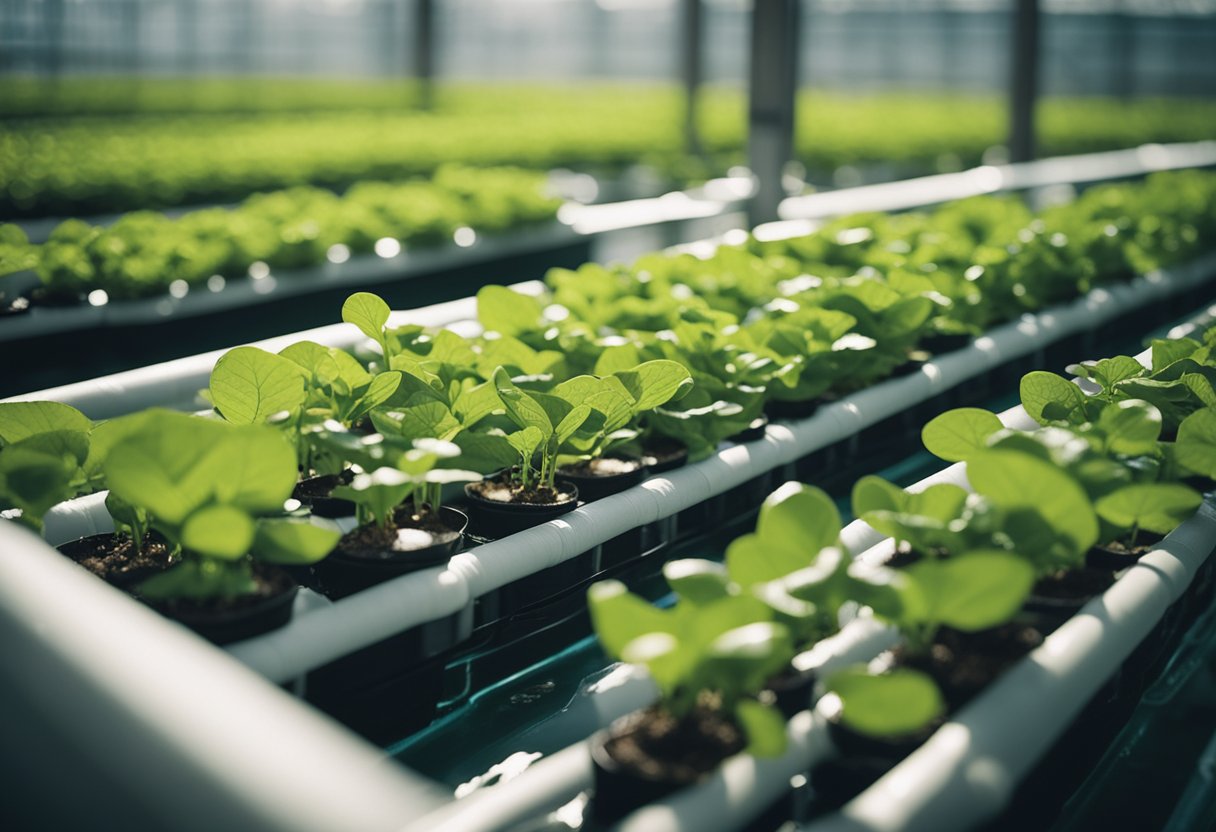
DWC
Deep Water Culture (DWC) suspends plants in a water solution rich in nutrients. Because the system lacks soil, none of the precious H2O is absorbed away by pesky dirt or lost through evaporation. Want an example? Think of commercial lettuce farming, where this method uses less than five gallons per day compared to traditional methods. That's a significant saving which allows us to keep our water bills from making us cry.
Aeroponics
Here's a nifty system: aeroponics. Instead of drowning roots in water, this method mist them with just enough nutrient-rich liquid. It’s as if the plants are taking a spa day! Using up to 98% less water than conventional soil methods makes it incredibly efficient – especially useful in vertical farming setups where space and resources are limited. Imagine growing stacks of lush greens with just a trickle!
Vertical Hydroponic Systems
Vertical hydroponic systems stack plant layers to save space and boost water economy. Each plant bed harnesses gravity to recirculate water full of tasty nutrients back to the roots, reducing waste. By growing up, not out, this approach optimises production in a fraction of the footprint. It's like a skyscraper salad bar right in our midst!
NFT
In the Nutrient Film Technique (NFT), a shallow stream of nutrient solution flows continuously over plant roots. It's like giving them a little stream to paddle in! By constantly recycling water, this system significantly reduces the water footprint.
RDWC
Recirculating Deep Water Culture (RDWC) involves a network of connected containers through which water circulates continuously. It’s a water recycler's dream! This system dramatically lowers the need for fresh water, in a sustainable and efficient way. Imagine the savings: reduced water, less maintenance, and sustainable growth rolled into one efficient process.
How Much Water Is Saved In Hydroponics
You might be wondering, "How much water do we really save with hydroponics?" It’s a question with a fantastic answer!
Let's dive into an intriguing case study. A rancher switched from growing alfalfa, which gulped down 50,000 gallons of water a day, to using hydroponic fodder systems. Guess how much water they used with hydroponics? Only 1,000 gallons a day! That’s a massive reduction.
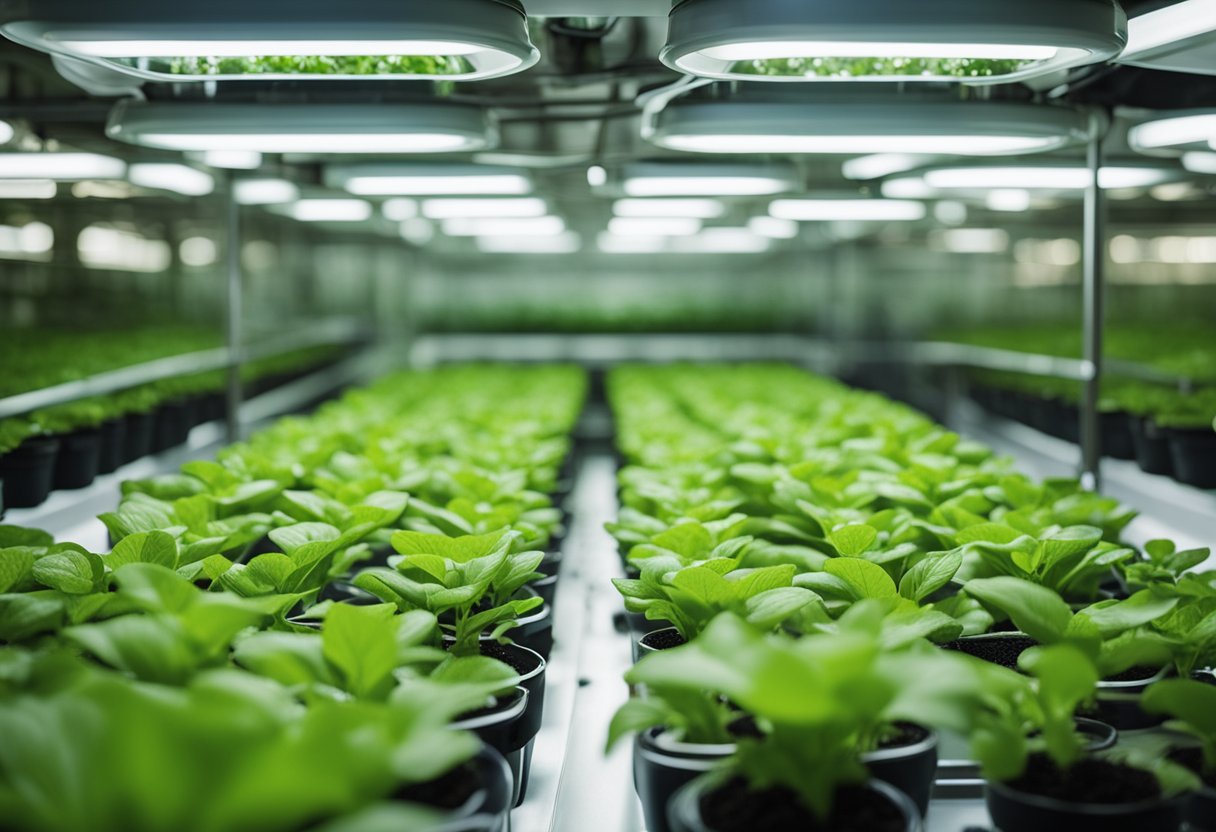
Water-saving isn’t just a temporary perk; it has far-reaching, long-term benefits. By conserving water, hydroponics contributes significantly to sustainable agriculture. Especially in areas prone to droughts, this approach can be a game-changer. Picture making a huge impact on food security by efficiently using water and improving crop yield without depleting resources.
In practical terms, hydroponics helps us rethink how we manage water in farming, making each drop count. So, whether you're a home gardener or a large-scale farmer, this form of agriculture promotes water efficiency, helping our planet stay green and bountiful. Let’s quench our plants’ thirst intelligently!
Conclusion
Have you ever wondered how much water we could save with hydroponics? By using this innovative method, we can cut water usage significantly. Traditional farming guzzles vast amounts of water, but with hydroponics, plants grow with significantly less water.
Why is this important? As water resources become more strained globally, finding efficient ways to conserve water is key. Thanks to controlled environments and direct nutrient delivery, hydroponics ensures more eco-friendly farming. Imagine saving billions of gallons annually just by changing how we grow lettuce!
Now, it's not just about large-scale farms. We can also explore hydroponics in our own gardens. Starting small can still make a big difference in water conservation. Even a mini-home system could contribute to water-saving efforts.
In the future, hydroponics could be at the forefront of sustainable agriculture. With benefits like reduced land use, water savings, and year-round farming, this technique offers a promising way forward. As we face climate change and population growth, it’s an increasingly attractive option.
This might be a perfect time to go green and conserve water with your gardening practices. Let's not just think about saving water—let's act!






 Store Locator
Store Locator
